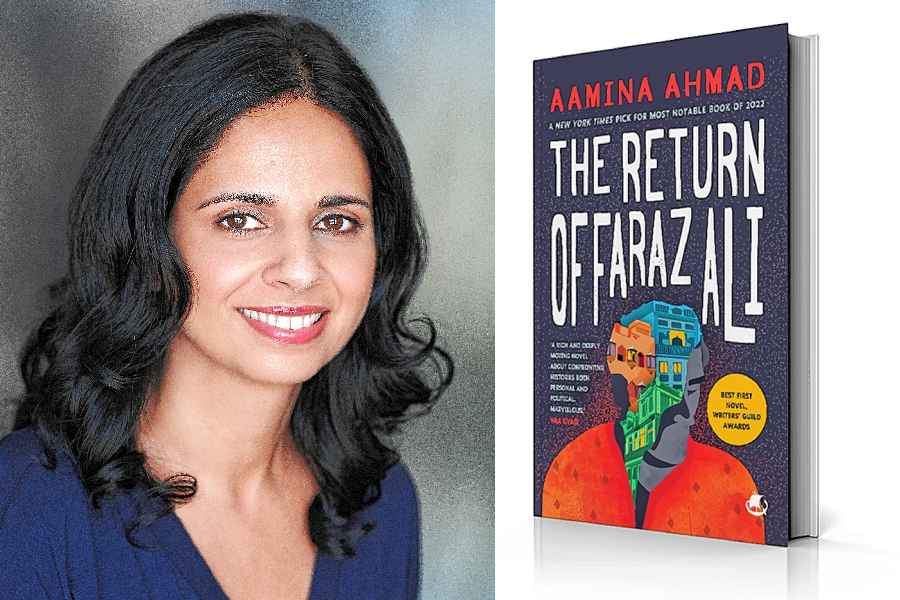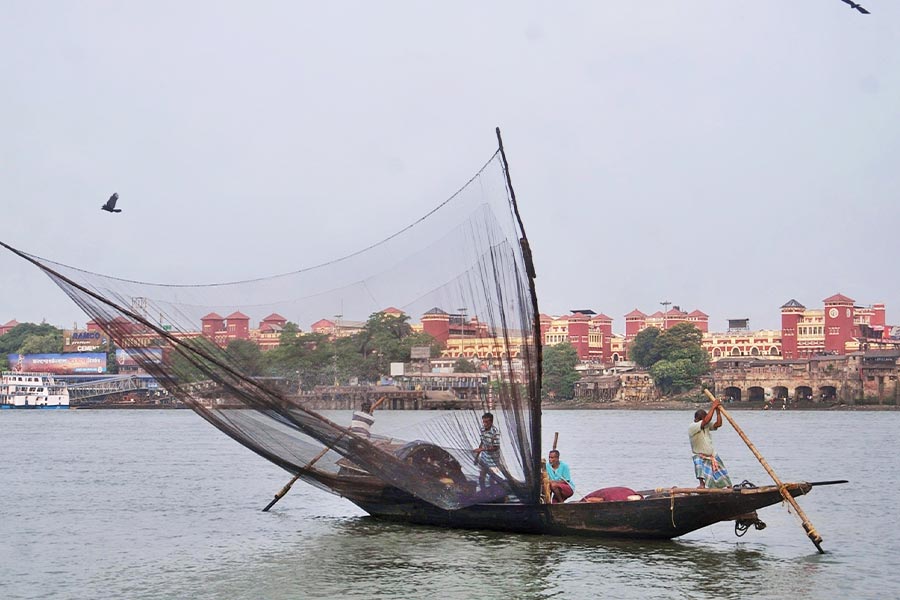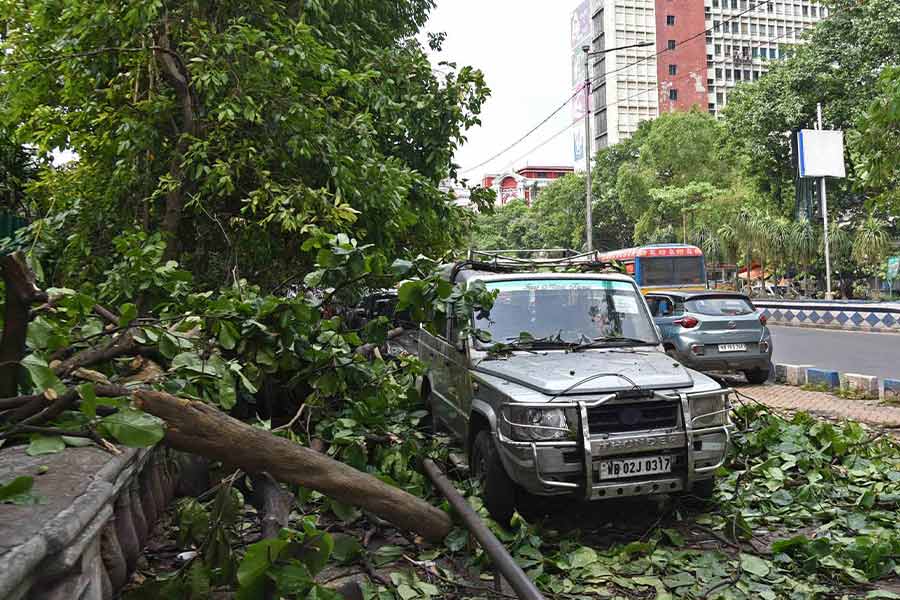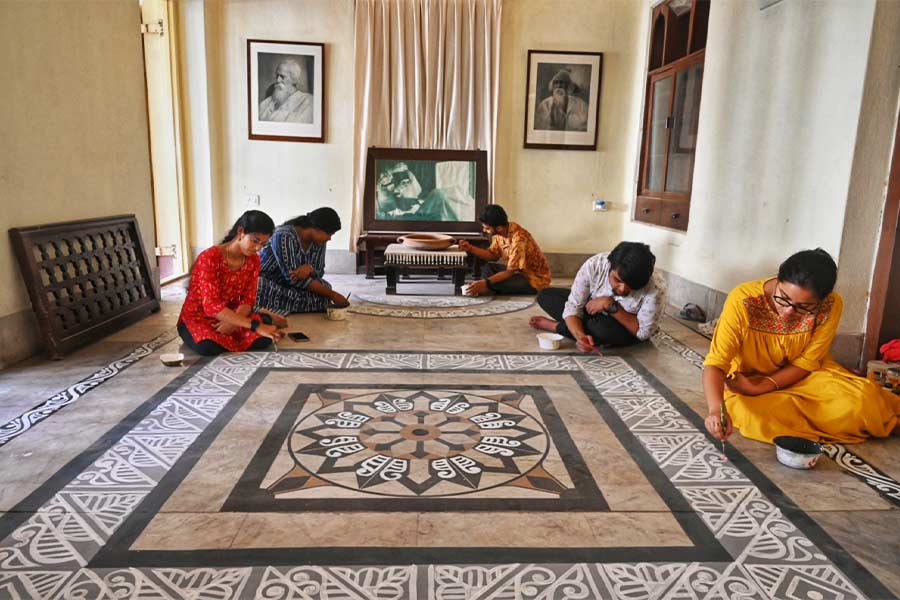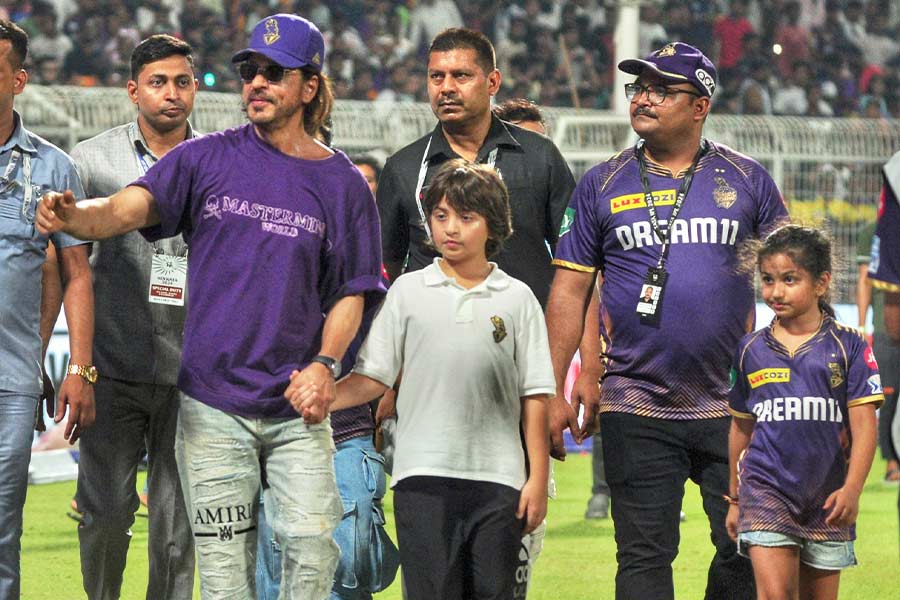An unpublished short story led author Aamina Ahmad to widen her literary canvas and expand it into her debut novel The Return of Faraz Ali. The British fiction writer with origins in Pakistan who teaches creative writing at the University of Minnesota has published a number of short stories including The Red One Who Rocks (2019) that won her a Pushcart Prize.
Set in the city of Lahore, the novel that was listed in The New York Times’ Top Books of 2022, traces the personal and professional journey of a police inspector and delves into the theme of institutional injustice, the relationship between individuals and institutions, and more.
Ahmad, who has worked as a script editor for BBC Drama, ITV and BBC World Service for many years is also known for her first full-length play, The Dishonoured that received rave reviews. In a candid chat with t2oS, Ahmad talks about exploring the long format in writing, missing the collaborative nature of theatre and more. Excerpts.
A debut novel being listed in The New York Times’ Top Books of 2022 must have given a big boost to you and your literary journey. What were your expectations from your debut novel?
It was a wonderful surprise to make it to the NYT list and I felt very lucky to be included on that list with lots of authors whose works I admire. In terms of expectations, I would say I went into this whole thing with no idea of what would happen, and very uncertain if anyone would want to read the book at all. That it has found its way to some readers who’ve connected with it has been really wonderful.
The character of Faraz and the plot were from an earlier unpublished short story of yours. What convinced you to switch the format?
Initially, I had written a short story about these characters but it became clear that I needed more space to explore who they were and to think through the themes I was interested in investigating. Novels offer a lot of space and scope to really dig into characters and so it became clear that that would be the right format for the story.
Take us through the book and the titular character Faraz. Where does the character draw inspiration from?
The book tells the story of a police inspector, Faraz Ali, who is asked to go to the red-light district in Lahore’s old city to cover up the murder of a young girl. He happens to have been born in the same neighbourhood but was removed from there in order to have a ‘better life’. So, the investigation into the case also triggers an investigation into the past and Faraz’s family history, too.
I wanted to work with a character that might have quite a complicated view of his past but who might also find himself compromised in various ways by the case. So, I created a character who has a lot of institutional power but who feels a great deal of powerlessness too in terms of his social position and in the face of his past.
At first, the novel looks like a murder mystery and then it also touches on themes like institutional injustice. Can you elaborate on the themes?
I was very interested in the relationship between individuals and institutions, whether those institutions are the state, or family, or marriage. It seems to me that people can often find themselves caught between conflicting loyalties, and so I wanted to explore what it might feel like for a character who is encumbered by their duty to the institutions they serve in vis-a-vis what their values and personal beliefs are.
This felt like an interesting pressure to put on a character and so the novel often puts characters in these difficult situations and takes in the injustices that result from their being in this trap.
You wrote a successful play, The Dishonoured, which also deals with the same themes as the book.
The Dishonored and, perhaps, all my writing seems to circle around similar themes. I find I’m drawn to stories which look at how individuals and institutions interact and the pressures class and gender have on the kinds of choices people can and can’t make.
The play was produced and toured in the UK in 2016. I haven’t had time to develop any drama projects since the novel kept me really busy, but I’d love to write another play! I miss the collaborative nature of theatre and the thrill of live performances.
You have also written short stories. How has it been discovering the long format?
I love the precision of short stories and the way you can achieve a sustained focus on a particular moment, but the novel is very exciting. There really are no limits to what you can do and explore and given [that] I do like sprawling stories, I hope I will get to write more novels.
What are you working on next?
I’m working on another historical novel and am enjoying researching another time period, perusing old maps and hunkering down in libraries for sources.


